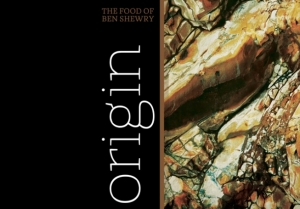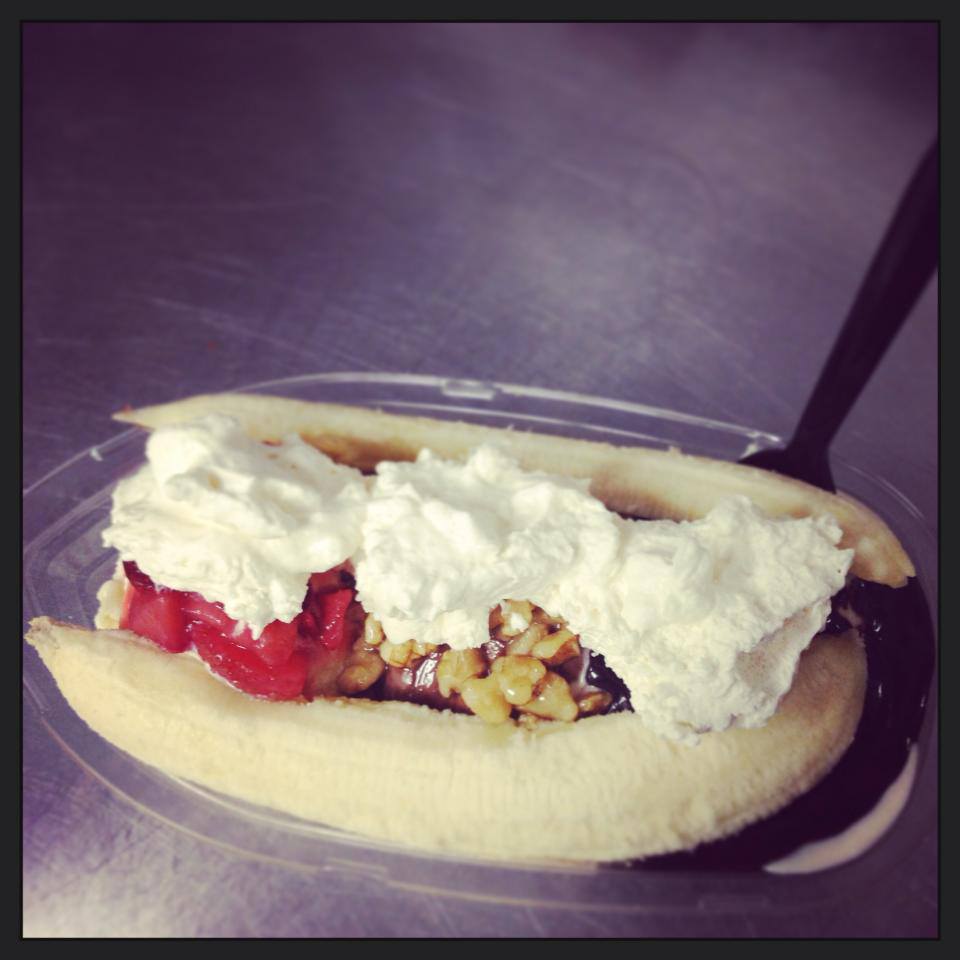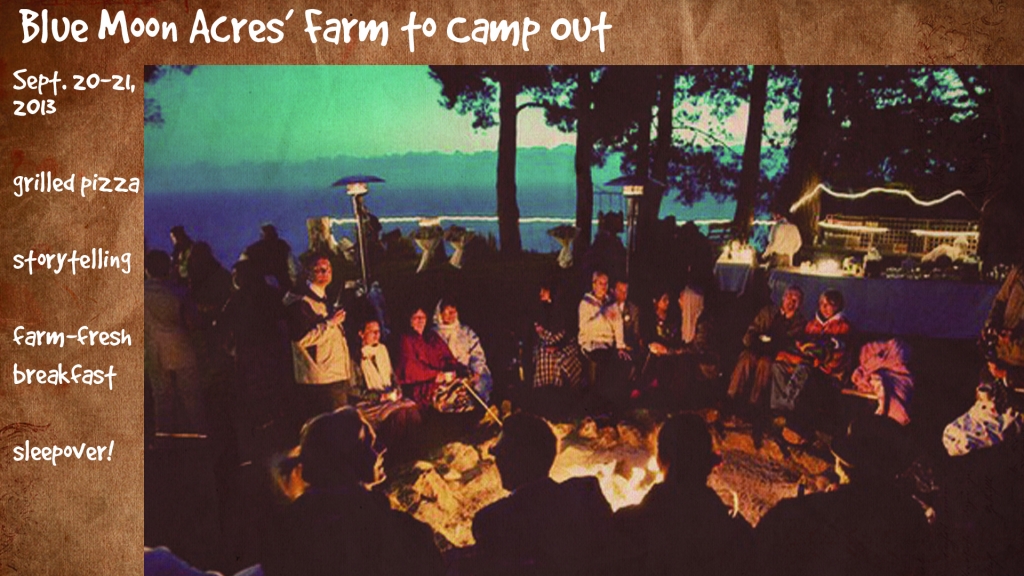The Chefs’ Bookshelf- Part 2

The Chefs’ Bookshelf
Cookbook Recommendations from Blue Moon’s Favorite Chefs: Part 2
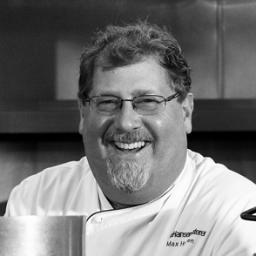 Max Hansen
Max Hansen
Chef and Owner, Max Hansen Catering, Max Hansen Carversville Grocery, Bucks County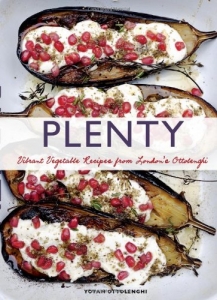
Recommended Cookbooks: Plenty (Yotem Ottolenghi) and Seven Fires: Grilling the Argentine Way (Francis Mallmann)
As a committed carnivore, Seven Fires is Max’s absolute favorite with its “amazing meat cookery.” Plenty, a vegetarian cookbook, Max references frequently as well- “it popped back into my consciousness yesterday in about 10 ways!” Seven Fires is South American-top chef Francis Mallmann’s ode to the art of cooking over fire. Mallmann details seven different approaches to grilling, sharing unpretentious recipes with a true love of his craft. On the other end of the spectrum, Plenty, by Israeli-born and London-based Ottolenghi, showcases the authors’ love of ingredients, with vegetarian dishes featuring fresh flavors and combinations.
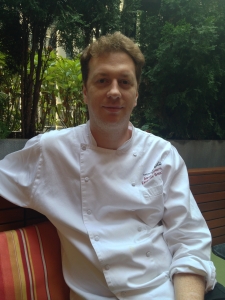 Aaron Fitterman
Aaron Fitterman
Executive Chef, Aretsky’s Patroon, New York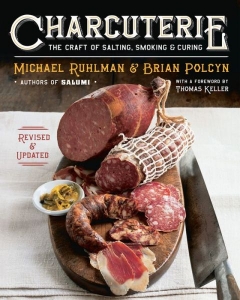
Recommended Cookbook: Charcuterie: The Craft of Salting, Smoking, and Curing (
Michael Ruhlman and Brian Polcyn)
Chef Aaron recommends Charcuterie: The Craft of Salting, Smoking, and Curing as a “great book that takes the craft of charcuterie and makes it very accessible.” Charcuterie is a culinary specialty, originally referring to creating products such as salami and sausages, that refers to the art of preserving foods with beauty and taste, using a range of preparations such as salting, smoking, and drying. Ruhlman and Polcyn expand the term to mean things preserved or prepared ahead of time. The cookbook provides 125 recipes, opening the world of charcuterie to both professionals and home cooks.
Joe Monnich
Executive Chef, The Dandelion, Philadelphia
Recommended Cookbook: Forgotten Skills of Cooking: The Time-Honored Ways are the Best – Over 700 Recipes Show You Why (Darina Allen)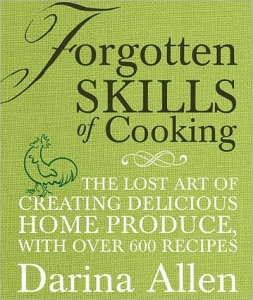
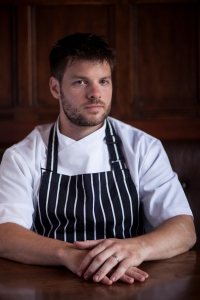 Chef Joe had to spend some time considering this question, as he spends a good part of his income on cookbooks. After careful consideration—not just of his favorite, but also if he is ready to share it with everyone—Joe recommends Darina Allen’s Forgotten Skills of Cooking. Allen is the founder and chef instructor of the Ballymaloe Cooking School in Ireland, and passes along basic cooking skills that may have skipped a generation or two in this 600-page tome. Between the recipes, Forgotten Skills of Cooking is about the joys of working for our food, relating to nature, and celebrating with friends and family. “She has a true connection with food. Her philosophy and ideals are what have influenced me on what true cooking is. This book is not just a cook book, it’s a textbook.”
Chef Joe had to spend some time considering this question, as he spends a good part of his income on cookbooks. After careful consideration—not just of his favorite, but also if he is ready to share it with everyone—Joe recommends Darina Allen’s Forgotten Skills of Cooking. Allen is the founder and chef instructor of the Ballymaloe Cooking School in Ireland, and passes along basic cooking skills that may have skipped a generation or two in this 600-page tome. Between the recipes, Forgotten Skills of Cooking is about the joys of working for our food, relating to nature, and celebrating with friends and family. “She has a true connection with food. Her philosophy and ideals are what have influenced me on what true cooking is. This book is not just a cook book, it’s a textbook.”
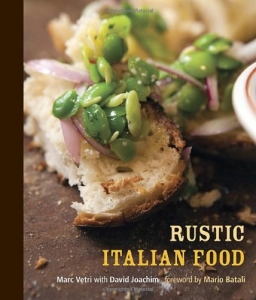 Chris Oravec
Chris Oravec
Executive Chef, Domani Star, Bucks County
Recommended Cookbook: Rustic Italian Food; Il viaggio di Vetri: A Culinary Journey (both by Marc Vetri)
Chef Chris recommends Philadelphian Marc Vetri’s cookbooks, Rustic Italian Food and Il viaggio di Vetri. Il viaggio di Vetri is part memoir and part cookbook, covering Vetri’s 18 months of culinary education in Italy, with recipes celebrating meals with family and friends. In Rustic Italian Food, Vetri provides a precision how-to for a wide range of classic Italian dishes, advocating a back-to-the-basics approach to cooking. Chef Chris says that Vetri is “certainly a great chef but more importantly he does things simply, without much fuss and lets the food speak for itself.”

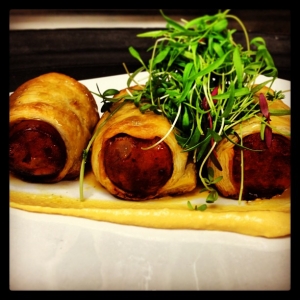

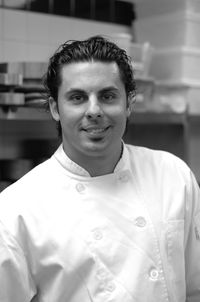 John Melfi
John Melfi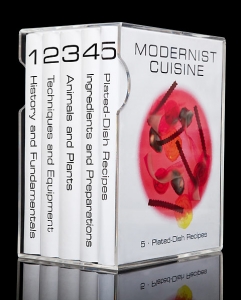
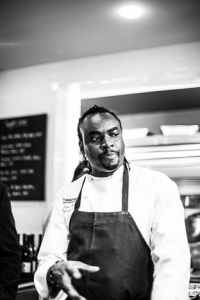 Sylva Senat
Sylva Senat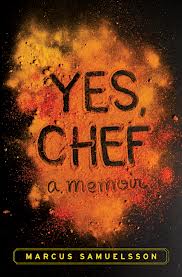
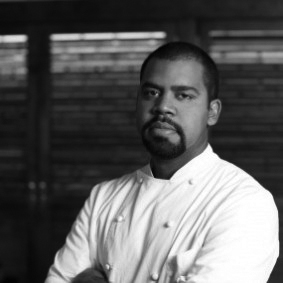 Junior Borges
Junior Borges